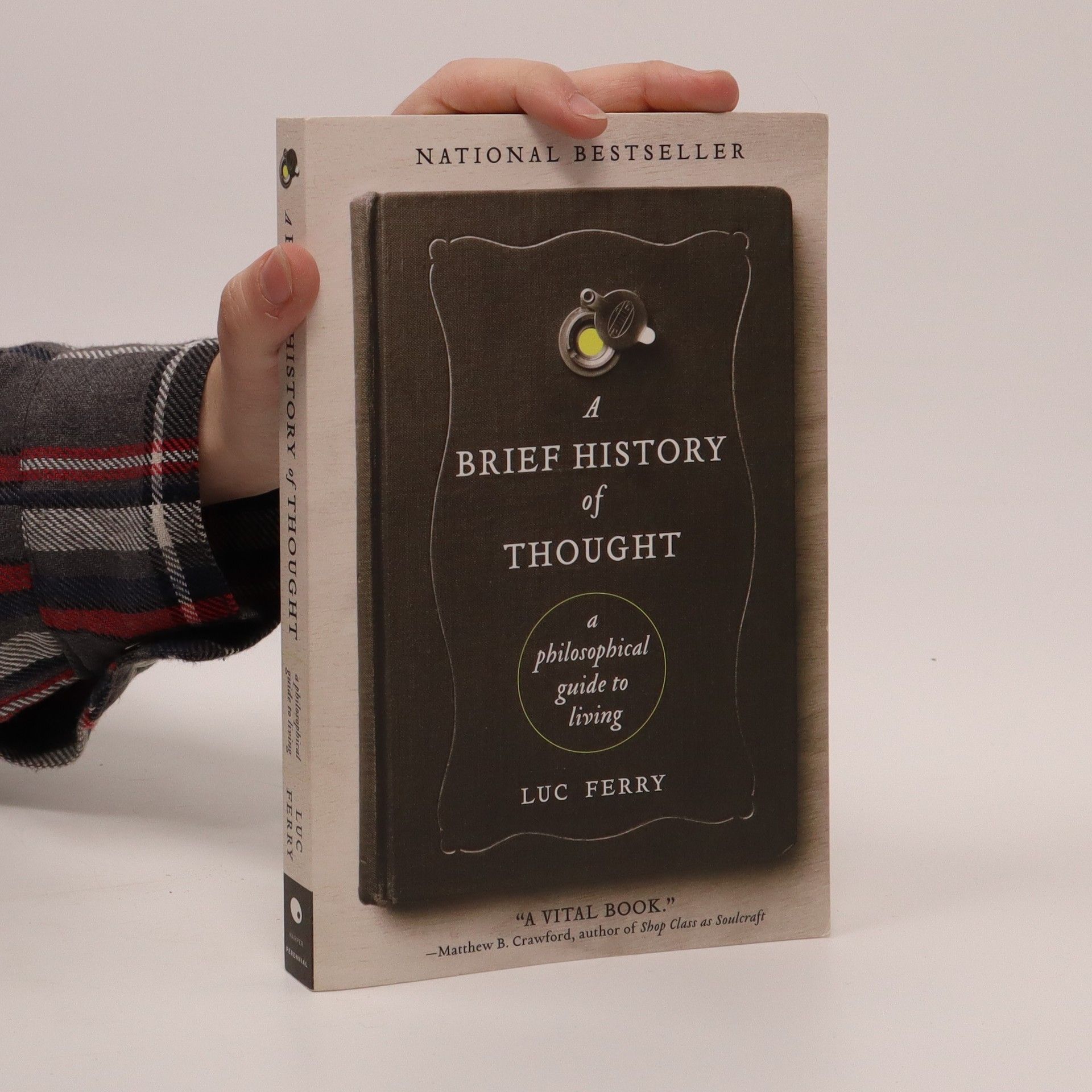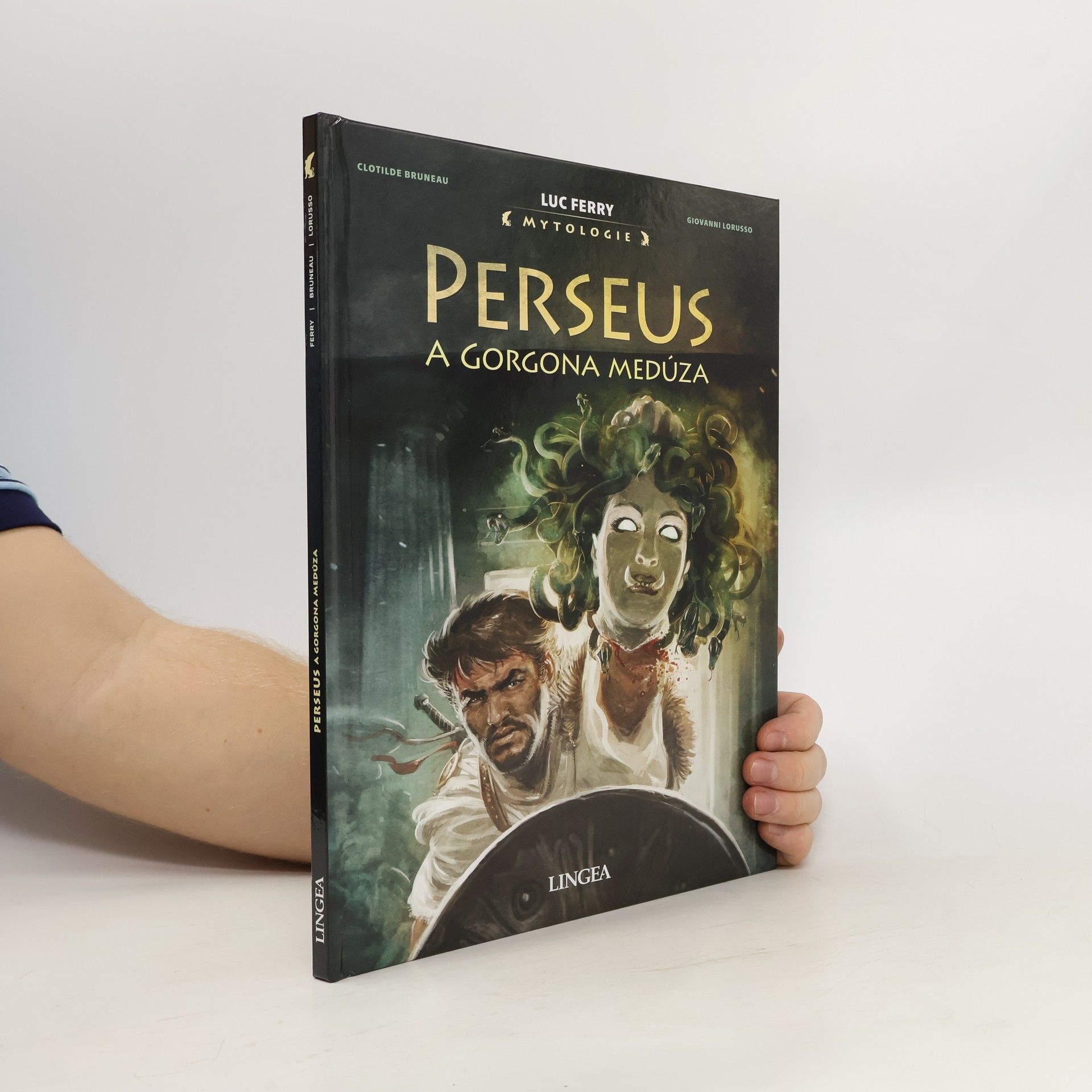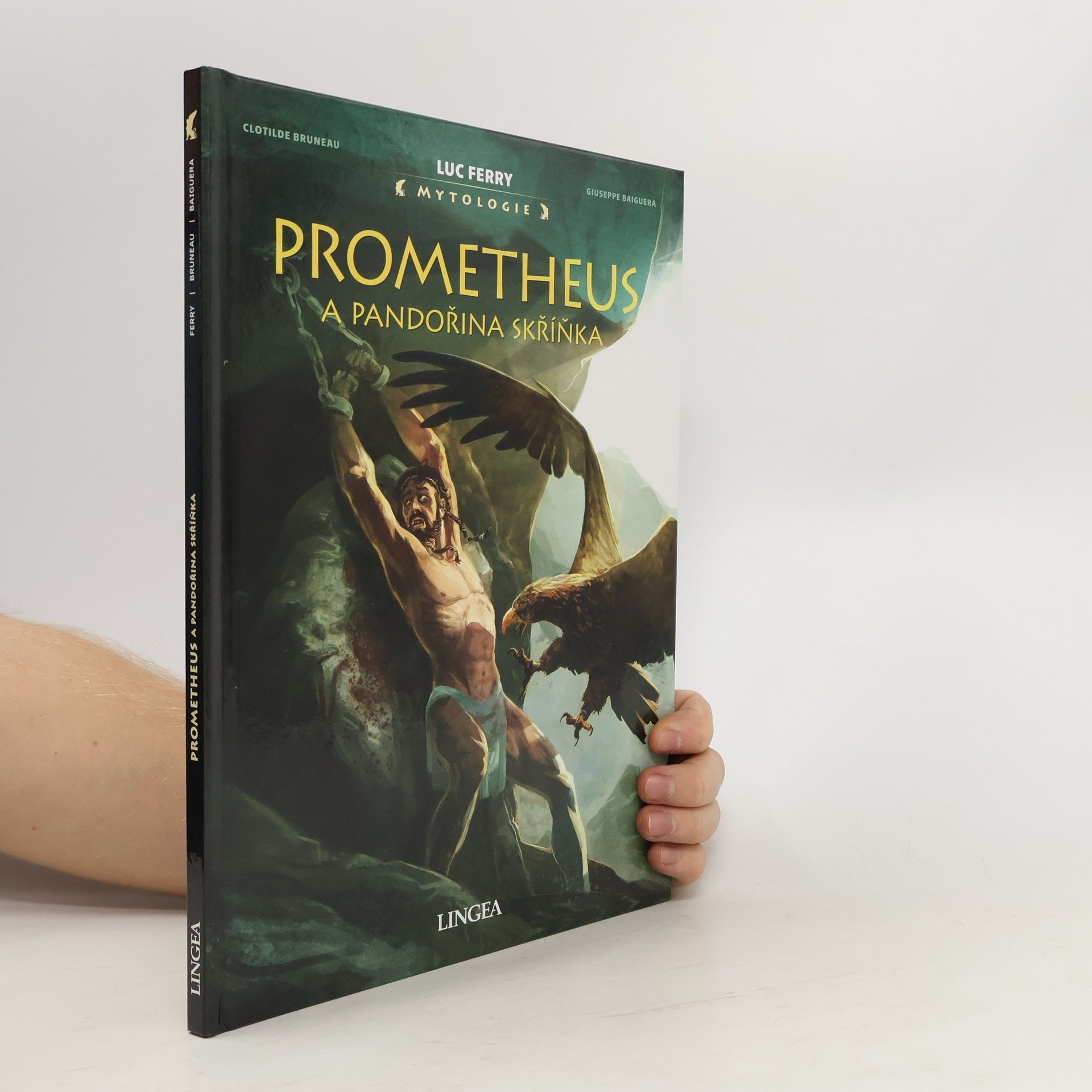Komiksowa adaptacja jednego z najbardziej znanych greckich mitów – o królu Midasie, którego bogowie ukarali, dając mu ośle uszy. Królestwo Frygii. Służący króla Midasa znajdują w lesie śpiącego dziwnego stwora i prowadzą go do swojego władcy. Ten szybko uwalnia schwytanego, ponieważ rozpoznaje w nim satyra Sylena, wychowawcę Dionizosa. W dowód wdzięczności za pomoc Sylenowi Dionizos oferuje Midasowi możliwość spełnienia jednego życzenia. Midas, wiedziony głupotą i chciwością, nie myśląc o konsekwencjach, prosi o złoty dotyk. Jednak jak ma żyć, pić i jeść, jeśli wszystko, czego dotknie, natychmiast zamienia się w złoto? W serii „Świat Mitów” prezentujemy komiksy, w których zawarto najważniejsze starożytne opowieści oparte na oryginalnych tekstach. Każdy tom wzbogacono o opracowanie naukowe, w którym poddano szczegółowej analizie aspekt filozoficzny prezentowanego mitu oraz jego znaczenie dla dziedzictwa kulturowego. Pomysłodawcą i opiekunem naukowym serii jest francuski filozof i publicysta Luc Ferry. Autorką scenariusza jest znana już z wcześniejszych komiksów tej serii Clotilde Bruneau, zaś rysunki wykonał Stefano Garau, rysownik m.in. albumu „Ivanhoe” z serii adaptacji literatury.
Luc Ferry Book order (chronological)
Luc Ferry is a French philosopher and a notable proponent of Secular Humanism. His work delves into the profound questions of human existence, morality, and the meaning of life in the modern world. Ferry seeks to offer philosophical responses to contemporary crises of identity and values. His approach often bridges philosophical tradition with current societal issues, providing readers with thought-provoking insights into the present era.







Perseus a Gorgona Medúza
- 56 pages
- 2 hours of reading
Odhalte napínavý svět starořecké mytologie s komiksem Perseus a Gorgona Medúza. Vydejte se na cestu plnou nebezpečí a dobrodružství s odvážným hrdinou Perseem, jehož osud byl předurčen věštbou. Příběh začíná v okamžiku, kdy král Akrisios uvězní svou půvabnou dceru Danae do bronzové kobky, aby zabránil narození vnuka, jenž pro nějmá být zhoubou. Diově pozornosti však krásná dívka neunikla… Danae a její syn Perseus, potomek nejvyššího z olympských bohů, museli uniknout před Akrisiovým hněvem. Odhalte, jak se Perseus popere s nelehkým úkolem získat hlavu strašlivé Medúzy, aby ochránil své blízké a naplnil svůj tak osud. Komiks otevírá bránu do fascinujícího světa, kde bohové a hrdinové proplouvají mořem filozofických otázek. Ponořte se do epických soubojů a nadčasové moudrosti, která udržuje řecké mýty živé a aktuální. Úžasné epické příběhy, všemocní bohové, fantastické bytosti, chrabří hrdinové… Řecká mytologie je nevyčerpatelným zdrojem příběhů o neuvěřitelných dobrodružstvích. Vynikají neobyčejnou moudrostí, a i přes své stáří přinášejí dnešnímu člověku mnohá cenná ponaučení. Není divu, že se starořecká mytologie vyučuje po celém světě. Nyní máte unikátní příležitost seznámit se s ní prostřednictvím komiksu, který vychází ze starověkých spisů. Doprovodný text vysvětluje filozofické základy a významy jednotlivých mýtů.
Prométheus a Pandořina skříňka
- 56 pages
- 2 hours of reading
Prozkoumejte svět starořecké mytologie s komiksem Prometheus a Pandořina skříňka! Po vítězství olympských bohů pod vedením mocného Dia nad Titány, nastal v Olympu klid, jenž mezi božstvem paradoxně způsobil nudu. Zeus tedy pověřil Promethea stvořením lidstva, protože tím by se do kosmu vrátil život a dynamika. Prometheus, známý svou moudrostí a zručností, stvořil člověka. To však vzbudilo Diův hněv, neboť se obával, že nová rasa by mohla ohrozit jemně vyvážený kosmický řád… Úžasné epické příběhy, všemocní bohové, fantastické bytosti, chrabří hrdinové… Řecká mytologie je nevyčerpatelným zdrojem příběhů o neuvěřitelných dobrodružstvích. Vynikají neobyčejnou moudrostí, a i přes své stáří přinášejí dnešnímu člověku mnohá cenná ponaučení. Není divu, že se starořecká mytologie vyučuje po celém světě. Nyní máte unikátní příležitost seznámit se s ní prostřednictvím komiksu, který vychází ze starověkých spisů. Doprovodný text vysvětluje filozofické základy a významy jednotlivých mýtů.
Don Juan ist der Inbegriff des skrupellosen Verführers, der durch seine unzähligen Eroberungen besticht. Diese Ausgabe der Reihe „Mythen der Welt“ beleuchtet seine Ursprünge, beginnend mit Tirso de Molinas Drama von 1630, und zeigt die faszinierende Komplexität dieser legendären Figur.
Im 14. Jahrhundert träumt der Gouverneur von Verona von der Beendigung der uralten Feindschaft zwischen zwei mächtigen Familien, den Cappelletti und Montecchi. Romeo Montecchi liebt heimlich die Cappelletti-Junge Julia, und sie schließen im Verborgenen den Bund der Ehe. Doch nach einem Blutbad in den Straßen Veronas wird Romeo ins Exil verbannt, während Julia einem anderen Mann versprochen wird. Das Motiv der unglücklich Liebenden ist tief in Mythen und Märchen verwurzelt und zieht sich durch die Geschichte, von Hero und Leander bis zu Tristan und Isolde. Auch William Shakespeare ließ sich von älteren Vorlagen inspirieren, um seine Tragödie zu schaffen. Dieser Band der „Mythen der Welt“ beleuchtet die ursprüngliche Form dieser bedeutendsten Liebesgeschichte. Der Mensch ist das einzige Lebewesen, das Geschichten erzählt, und Mythen, Sagen und Legenden prägen unser Leben, sei es als mündliche Überlieferung oder als Epos für Nationen. Luc Ferry und Clotilde Bruneau widmen sich in dieser Reihe den Ursprüngen dieser zeitlosen Geschichten, die uns auch heute noch inspirieren und faszinieren. Jeder Band bietet eine vollständige Erzählung, die als Comic adaptiert wurde, ergänzt durch einen Teil, der das philosophische und kulturelle Erbe erläutert.
La Sagesse des Mythes, Contes et Légendes - 1/2: Don Juan
L'abuseur de Séville
Gare à celles qui croisent la route de Don Juan...Don Juan est un séducteur sans scrupules, toujours en quête d'aventures amoureuses. À Naples, il attire à lui, à l'aide d'un infâme subterfuge, la Duchesse Isabella, promise à Don Octavio, puis s'enfuit vers l'Espagne. Sur sa route, il trompera également la belle Tisbea avec le même aplomb. Comme toujours, il promet le mariage puis laisse derrière lui de jeunes femmes éplorées ! Désormais à Séville, il s'apprête à se jouer de la sorte de Dona Ana, dont son ami Mota est épris. Pendant ce temps, ses agissements scandaleux à Naples obligent son père à le condamner à l'exil. Mais rien ne semble arrêter Don Juan... Manipulateur, orgueilleux, il se moque des conventions et de la morale. La sentence divine ne tardera cependant pas à frapper d'une main vengeresse... De Molière à Richard Strauss, en passant par Mozart, Pouchkine et d'autres, la figure de Don Juan a traversé les siècles. Sous la direction de Luc Ferry, le mythe renaît en revenant à la pièce originelle de Tirso de Molina, jouée sur scène dès 1630, et nous fait découvrir toute la complexité perfide et démoniaque de ce personnage de légende.
Seria „Świat mitów” przedstawia najbardziej znane greckie mity i starożytne opowieści w wersji komiksowej. Komiksy zostały napisane i narysowane przez francuskich twórców pod merytoryczną opieką Luca Ferry`ego, znanego filozofa i publicysty, znawcy dziejów starożytnych. Niniejszy tom opowiada mit o Heraklesie – greckim herosie charakteryzującym się niezwykłą siłą i odwagą, a jednocześnie okrutnie doświadczonym przez los, którego większość życia upłynęła na wykonywaniu dwunastu niezwykle trudnych i niebezpiecznych prac. Scenariusz tego albumu napisała francuska artystka i rysowniczka Clotilde Bruneau, natomiast rysunki są dziełem francuskiej rysowniczki Annabel oraz brazylijskiego artysty Carlosa Rafaela Duarte.




